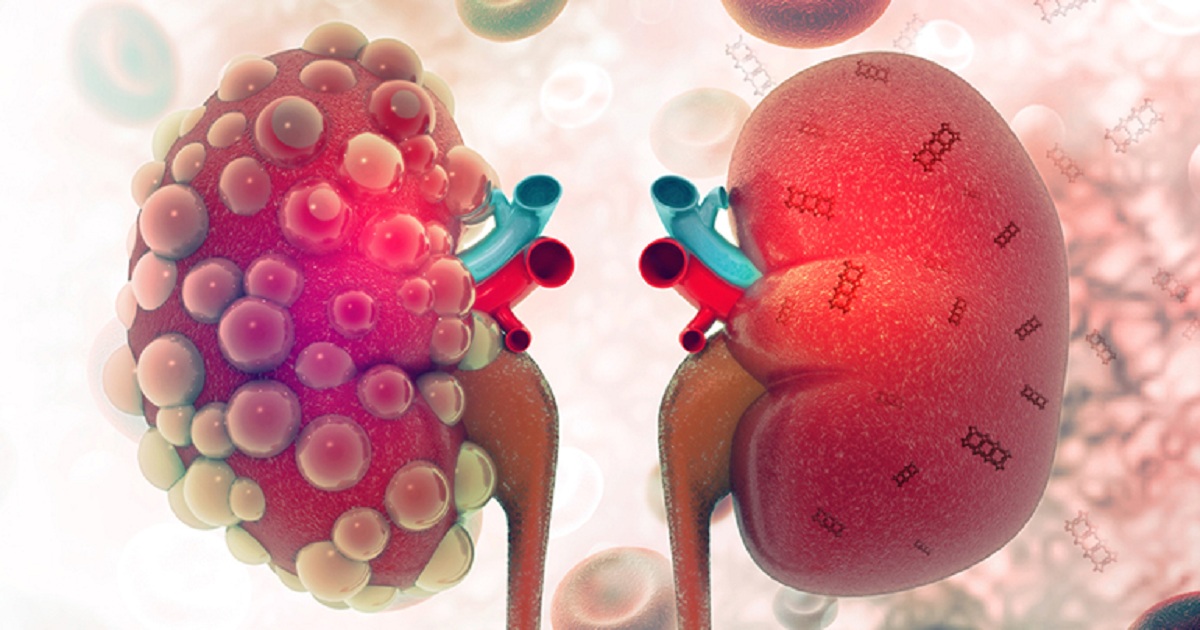DNA Origami Nanoparticles to Treat Acute Kidney Injury
Medgadget | November 12, 2018

DNA origami is a technique for building differently shaped molecules out of the four standard nucleotide bases. Various forms can be constructed, such as tubes, pyramids, and cubes, and the shapes of these molecules can significantly affect their functionality. Now they’ve been shown to be useful for treating acute kidney injury (AKI). The DNA origami nanostructures (DONs), that researchers at University of Wisconsin-Madison, Arizona State, and a few institutions in China have developed, have been shown to protect kidneys from succumbing to AKI and to heal already injured kidneys. The effect was comparable to the current standard of care, namely an anti-oxidant N-acetylcysteine (NAC). The research was performed on mice as well as-as on human embryonic kidney cells, and the technique was shown to be effective in both.
“The interdisciplinary collaboration between nanomedicine and the in-vivo imaging team led by professor Weibo Cai at the University of Wisconsin-Madison and the DNA nanotechnology team has led to a novel application applying DNA origami nanostructures to treat acute kidney injury,” Yan says. “This represents a new horizon for DNA nanotechnology research.”